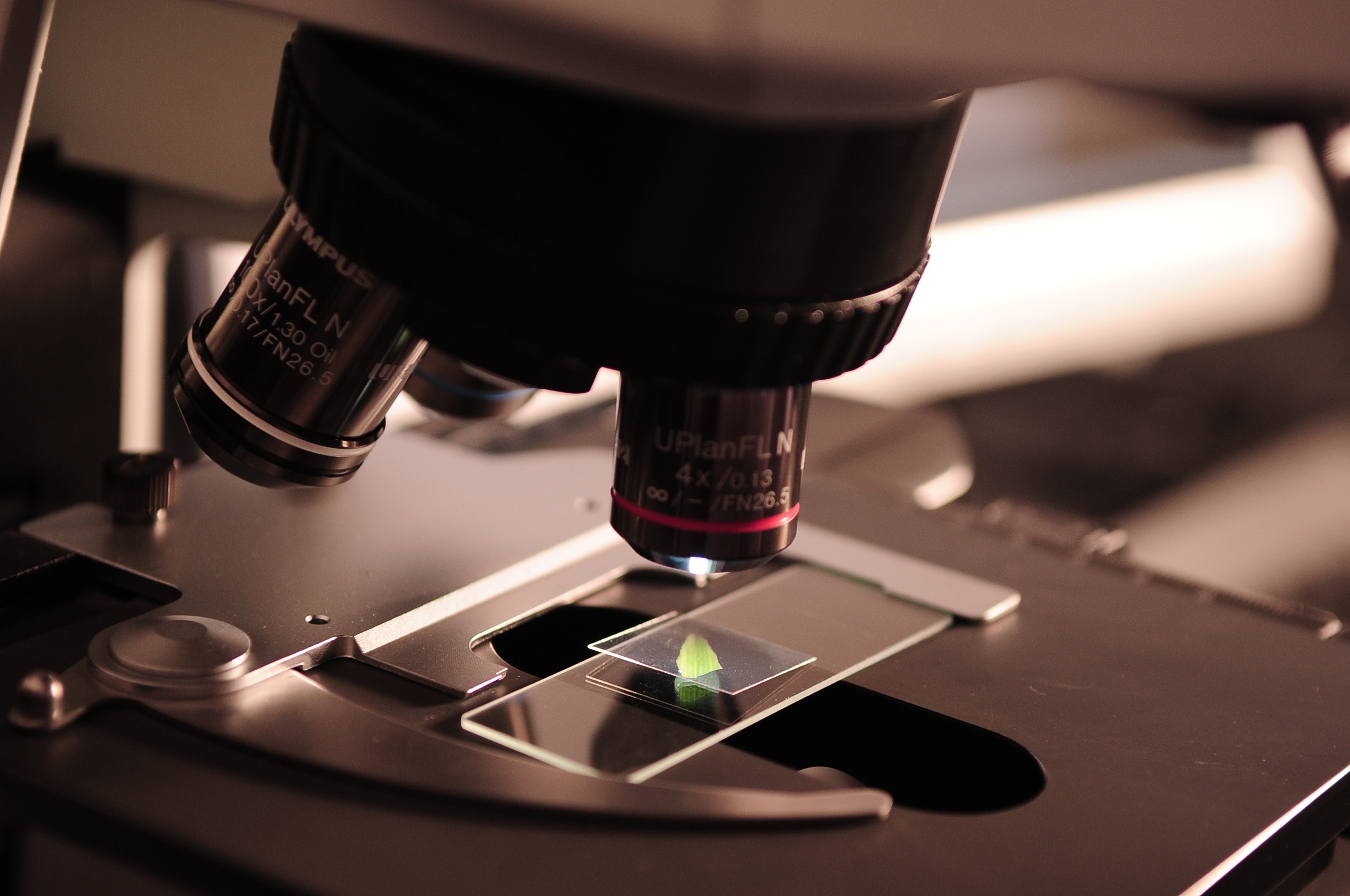SHARES

Cancer, one word that could scare even the bravest.
The thought of going through chemo and the possibility of imminent death is all that flashes through your mind. Wait, but there’s more, there’s hope and genetic profiling. The field of oncology has shifted quickly. Advancements in treatment results in mortality decreases even more so now, where genetic profiling has taken centre stage.
Genetic Alteration behind the Cancer
Traditionally, the approach to treatment defined the disease and treatment by its location. For example, cancer in the stomach is stomach cancer and physicians treat it as such.The most recent advancement in precision oncology is where treatment is based on the genetic alteration that drives the cancer.
Cancer, we know is a result of cells reproducing uncontrollably due to a defect in its gene. While there are mechanisms in place that prevent these malfunctions, sometimes they fail. As a result of uncontrolled cell growth, a cancerous tumour develops.
Personalised Genetic Profiling
Now with advancements in genetics, the focus is on precision oncology. By identifying the specific cancerous gene mutation, it is possible to tailor the treatment to target the specific mutation behind the cancer. Such personalised targeted therapy makes for more effective treatment.
To begin with, there are hundreds of genes that contribute to cancer development, and each patient’s cancer profile is unique. Genetic profiling in this case, gets to the root of the problem creating a more effective and personalised treatment for the patient.
The common routine tests are the single-marker testing, it is cheap, easy and fast and helpful in diagnostics and treatment monitoring. However it is limited in scope and often some of the mutations are missed.
Today, tests for molecular profiling of tumours range from simple to complex, from the detection of one mutation in one gene, to high performing next-generation sequencing technologies where multiple genes are analysed at once. Although the benefits are quick accurate diagnoses for therapy to aim on a specific target, there are challenges still. For one, it’s not going cheap nor is it the sort of treatment that is easily accessible to the general public.
Besides that, while gene profiling may have detected the mutations we might not have drugs readily available to cure these. Scientists hope more research leads to development for new drugs to keep up with diagnostics.
All in all, the future is here and it’s bigger and brighter. Cancer is not a terminal diagnosis, explore treatment options with your healthcare provider.
by Yashwini Ravindranath
Born & raised in Malaysia, Yashwini earned her M.D. studying in Moscow's Russian National Research Medical University. With an affiliation towards research, all things coffee and the startup ecosystem, she now contributes articles to GetDocSays View all articles by Yashwini Ravindranath.




